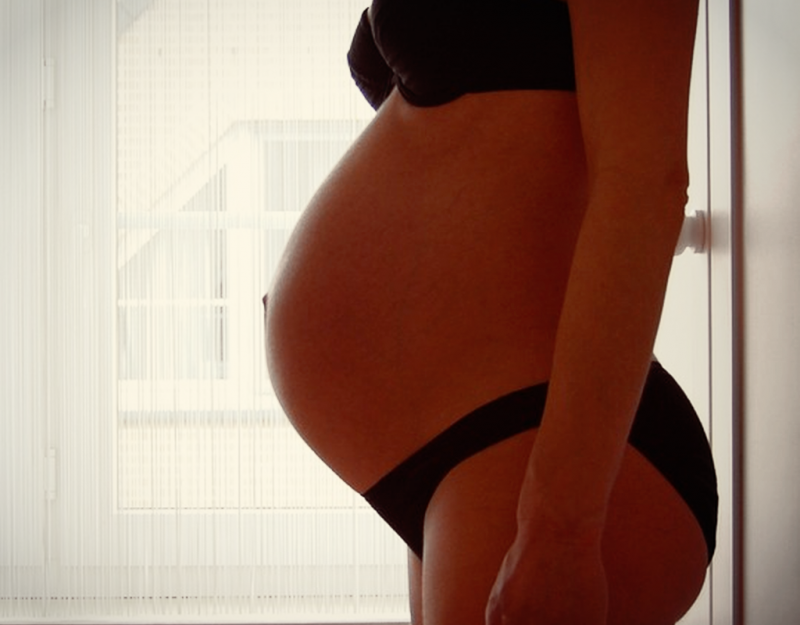Diabetes is a condition where your body is unable to regulate the amount of glucose in your blood, resulting in too much glucose (sugar) in your blood.
Ordinarily your blood glucose levels are regulated by insulin, a hormone that’s made in the pancreas, but occasionally the increase of particular hormones during pregnancy can stop insulin from working properly, resulting in a temporary form of diabetes called gestational diabetes.
Gestational diabetes effects 3 -10% of pregnant women and those who suffer the condition have an increased risk of developing type 2 diabetes mellitus after pregnancy. Additionally, their children are at a higher risk of developing childhood obesity and type 2 diabetes later in life.
Symptoms of gestational diabetes
Gestational diabetes is usually discovered as a result of a routine blood sugar test that is performed on all pregnant women at 24 -26 weeks, but if you are experiencing the following symptoms, you should discuss your concerns with your doctor:
- Excessive hunger and thirst
- Excessive urination
- Extreme tiredness
- Blurry vision
- High blood pressure
- Recurrent thrush infections
Who gets gestational diabetes?
You have an increased risk of developing gestational diabetes if you are:
- Over 30 years of age
- From a family with history of type 2 diabetes
- Overweight or obese
- Are from one of the following ethnic groups: Chinese, Indian, Middle Eastern, Polynesian, Melanesian Vietnamese, Indigenous Australian or Torrest Strat Islander
- Have a previous history of gestational diabetes
Effects of gestational diabetes
Babies born to mothers with gestational diabetes often have low blood sugar and/or jaundice at birth, both of which require treatment. They are also often large for their gestational age which can cause complications at birth and may require a caesarean delivery
Treatment of gestational diabetes
Gestational diabetes is usually successfully controlled by managing your diet and moderate exercise. After diagnosis:
- You will need to consult with a nutritionist to learn how to manage your temporary condition
- You will need to do some regular physical activity
- You will need to monitor your blood sugar levels several times a day via a blood test
- You may be required to use insulin injections for the remainder of your pregnancy if you are unable to control your Gestational diabetes through diet alone
- Gestational diabetes usually disappears after birth
This article was written by Ella Walsh for Kidspot.







Leave A Comment
You must be logged in to post a comment.